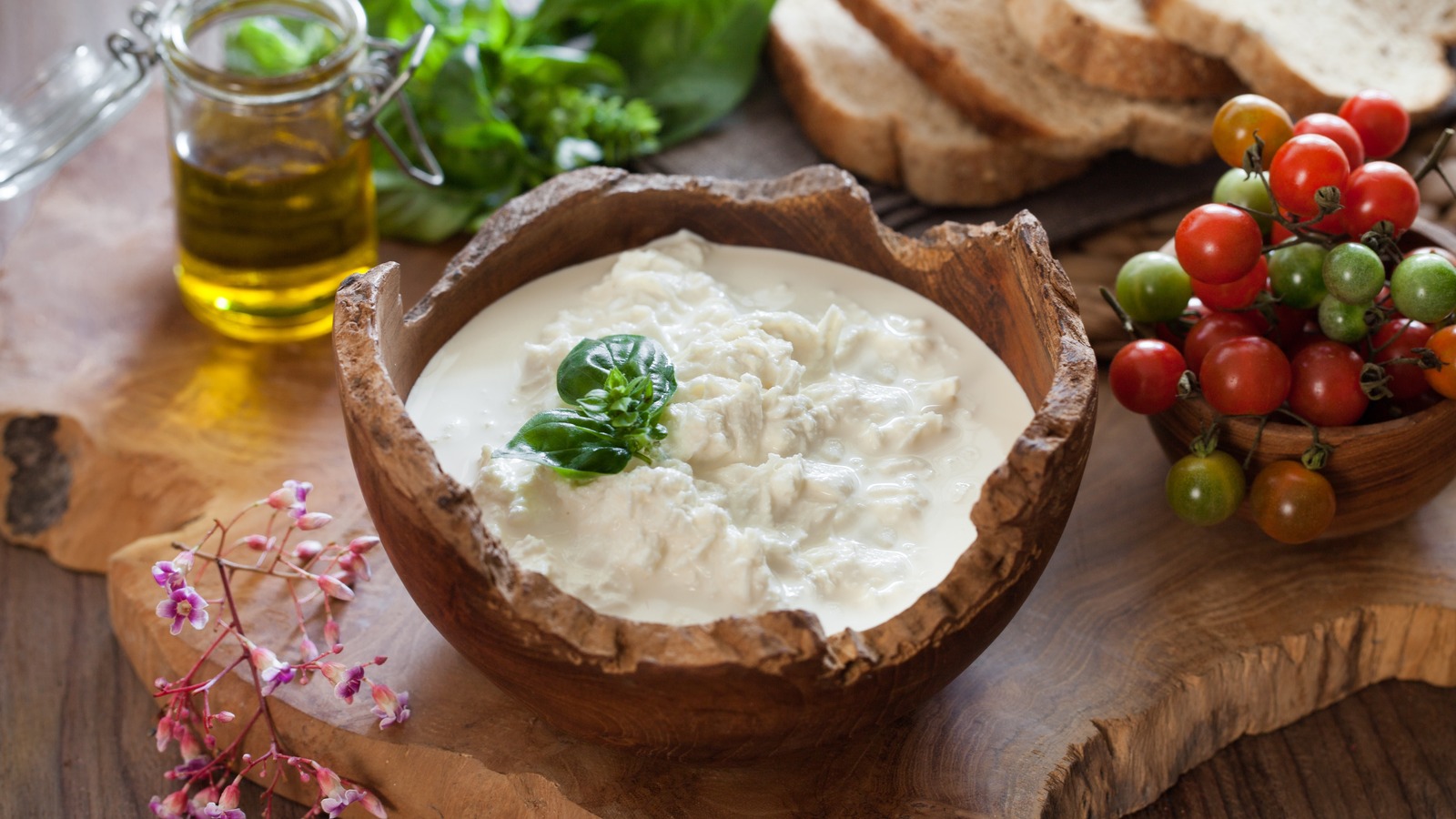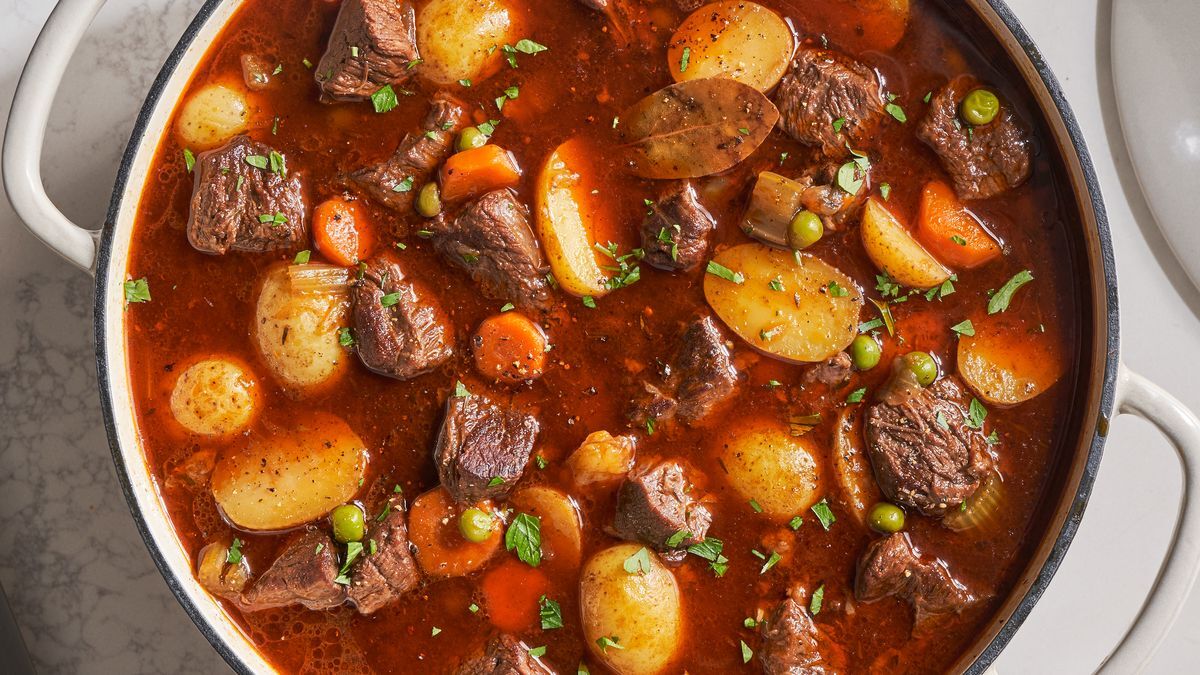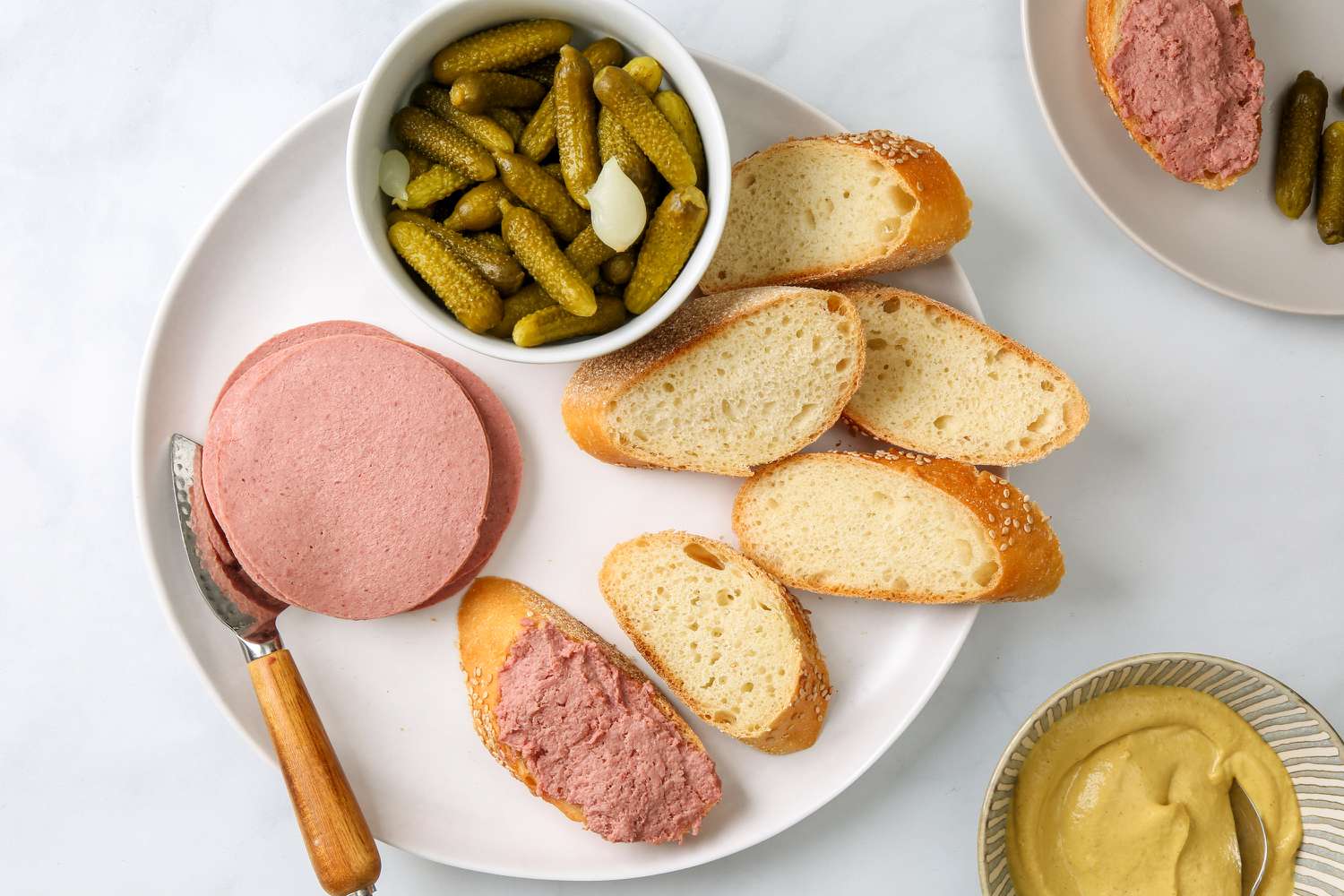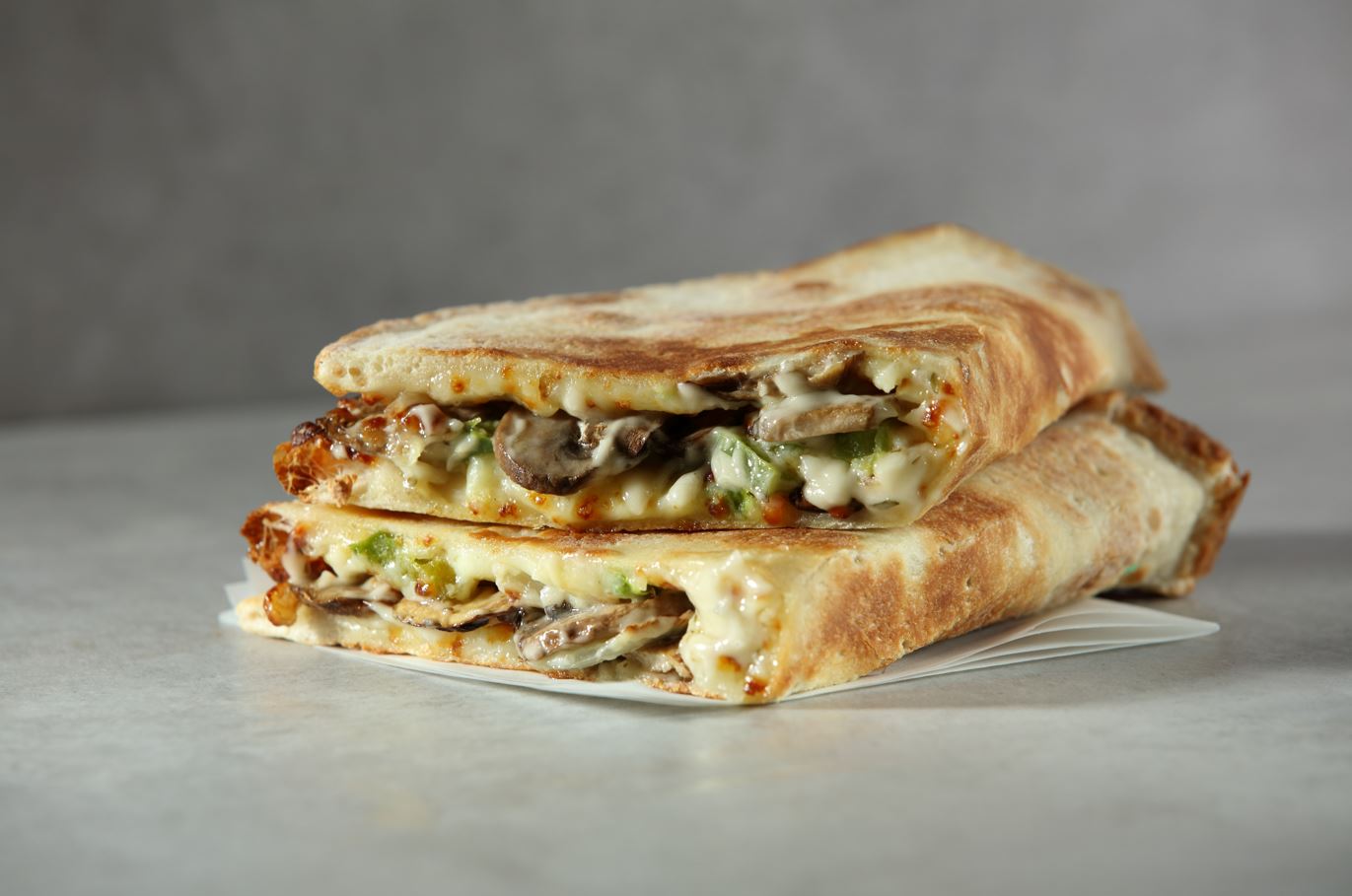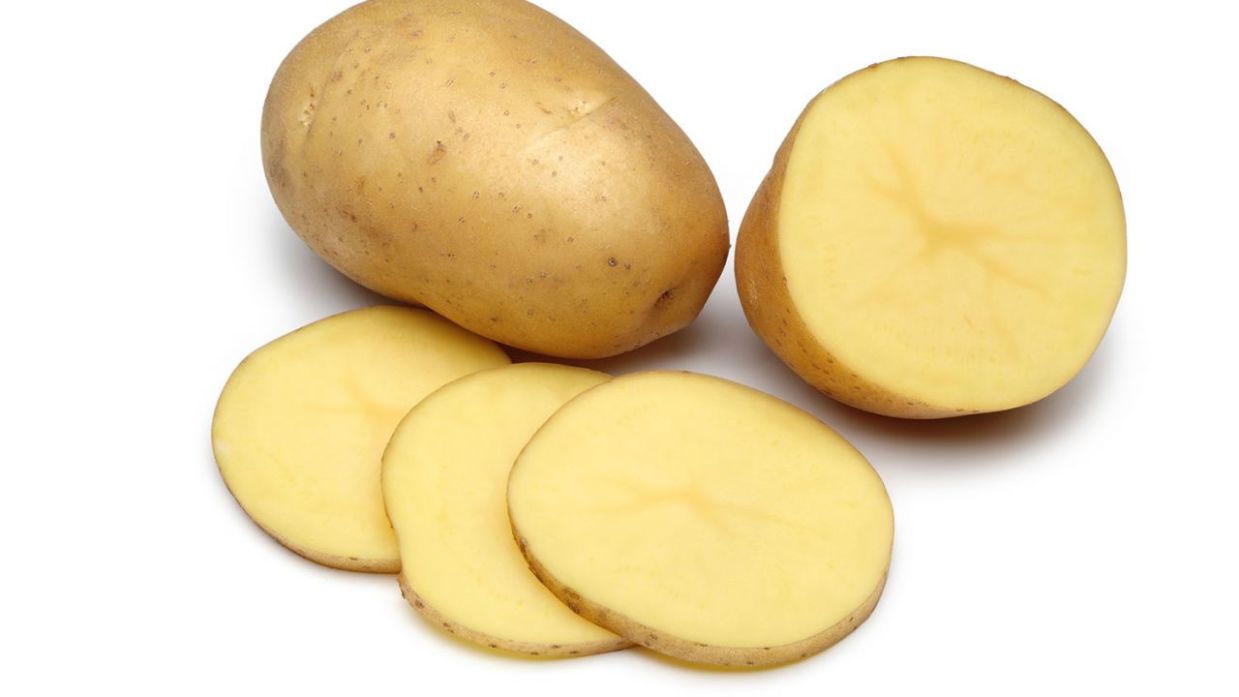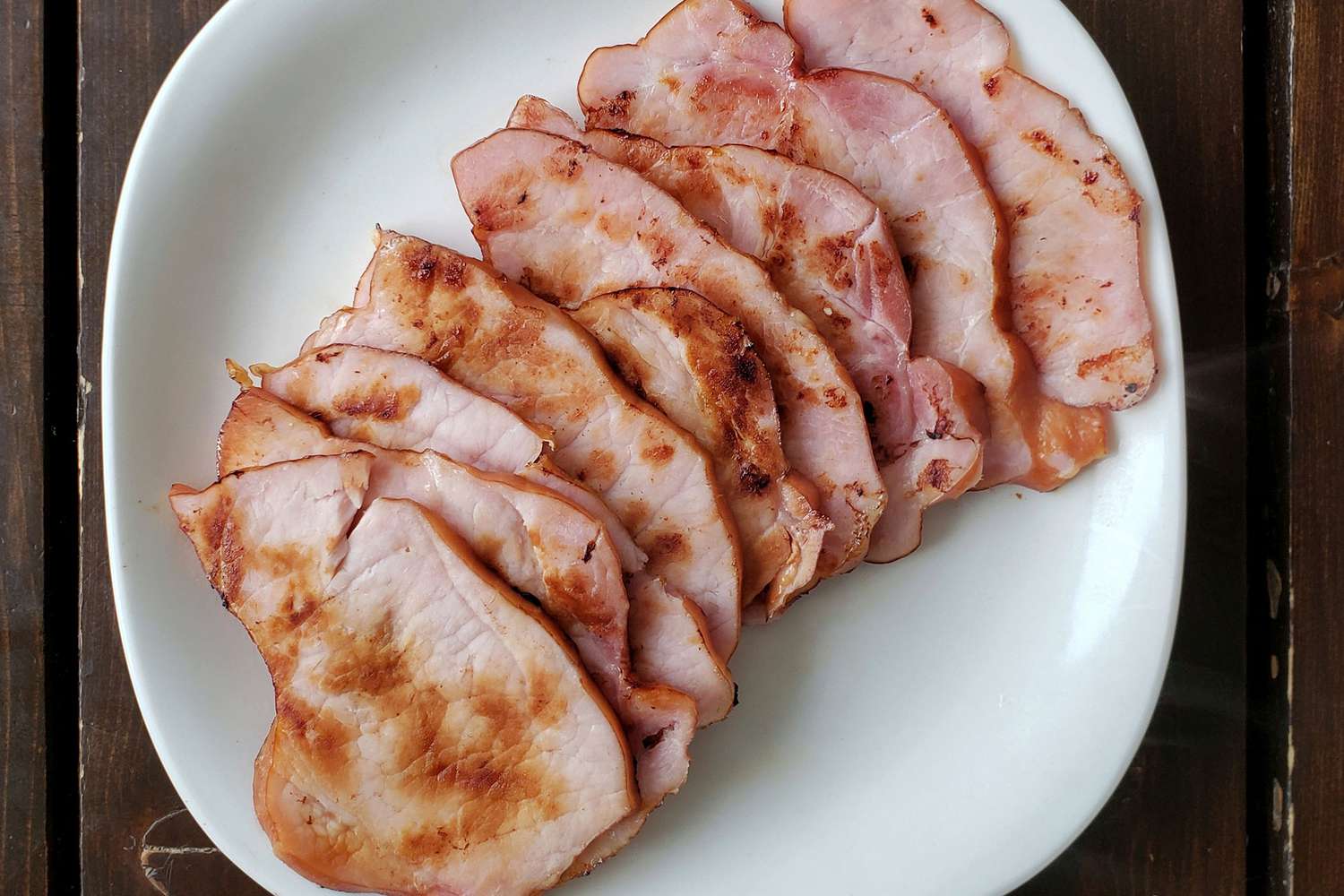When it comes to cooking, choosing the right cooking oil is essential for creating delicious and healthy meals. With so many options available, it can be challenging to determine which type of oil is best for your culinary needs. One popular category of cooking oils is neutral cooking oils. In this article, we'll explore what neutral cooking oil is, its benefits, and how to use it in your kitchen.
What Is Neutral Cooking Oil?
Neutral cooking oil refers to a type of oil that has a mild flavor and a high smoke point. The term "neutral" indicates that the oil does not impart a strong taste to the food being cooked, making it versatile for a wide range of dishes. Some common examples of neutral cooking oils include:
- Canola oil
- Grapeseed oil
- Safflower oil
- Sunflower oil
- Refined coconut oil
These oils are often preferred for cooking methods that require high heat, such as frying, sautéing, and roasting, as they can withstand elevated temperatures without smoking or burning.
Benefits of Neutral Cooking Oil
Neutral cooking oils offer several benefits that make them a popular choice in the kitchen:
-
Versatility: Due to their mild flavor, neutral cooking oils can be used in a variety of recipes without overpowering the other ingredients.
-
High Smoke Point: The high smoke point of neutral cooking oils makes them suitable for high-heat cooking methods, allowing you to achieve crispy and golden results without the risk of the oil breaking down and producing harmful compounds.
-
Health Benefits: Many neutral cooking oils are high in monounsaturated fats, which are considered heart-healthy and may help lower cholesterol levels when used as part of a balanced diet.
-
Long Shelf Life: Neutral cooking oils, particularly those that are refined, often have a longer shelf life compared to more delicate oils, making them a practical choice for everyday cooking.
How to Use Neutral Cooking Oil
Incorporating neutral cooking oil into your culinary repertoire is simple. Here are a few ways to use it in your cooking:
-
Sautéing: Use neutral cooking oil to sauté vegetables, proteins, or aromatics for a flavorful base in soups, stews, and stir-fries.
-
Frying: When frying foods such as chicken, fish, or vegetables, neutral cooking oil's high smoke point makes it an ideal choice for achieving a crispy texture without imparting a strong taste.
-
Baking: Neutral cooking oils can be used in baking recipes that call for oil, providing moisture and tenderness to baked goods without altering their flavor.
-
Dressings and Marinades: Create homemade dressings and marinades using neutral cooking oil as a base, allowing the other ingredients to shine without being overshadowed by the oil's flavor.
Conclusion
Neutral cooking oil is a valuable staple in any kitchen, offering a neutral flavor profile, high smoke point, and versatility for a wide range of cooking techniques. Whether you're stir-frying, baking, or sautéing, incorporating neutral cooking oil into your recipes can help you achieve delicious and consistent results. Next time you're in the kitchen, consider reaching for a bottle of neutral cooking oil to elevate your culinary creations.
Was this page helpful?
Read Next: What Is On A Combo Pizza?
